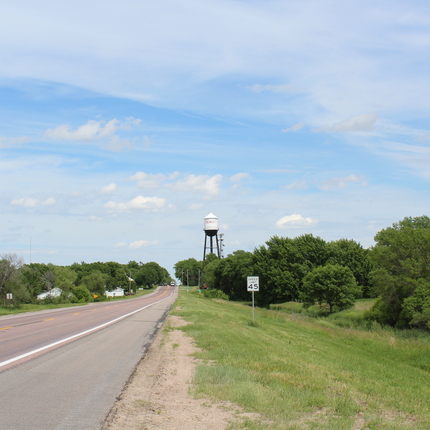Wind, solar, and other renewable energy projects offer a significant opportunity to revitalize rural communities and diversify the local economy.
Increased tax revenue from renewable energy projects enables school districts, cities, and other entities to address local emergency services and infrastructure improvement needs while reducing the local tax burden. Additionally, farmers and landowners can earn additional income through land-lease payments from project developers, and new job opportunities arise during the development, construction, and operation of a project.
Those economic benefits have not gone unnoticed in Washington, D.C.
With $1 billion in funding from the Inflation Reduction Act, the U.S. Department of Agriculture Rural Development (USDA-RD) is set to make one of the largest investments in rural electrical service in almost 90 years.
The Powering Affordable Clean Energy (PACE) program will provide partially-forgivable loans to renewable-energy developers and electric service providers, including municipalities, cooperatives, and investor-owned and Tribal utilities. The loans can be used to finance large-scale solar, wind, geothermal, biomass, and hydropower projects as well as storage in support of renewable energy systems.
In selecting projects to fund, USDA-RD will emphasize development in rural areas. Eligible applicants can serve both rural and non-rural areas, but at least 50% of the population must live in communities with populations of 20,000 or fewer.
USDA-RD will open the loan process by accepting letters of interest between June 30 and Sept. 29. The agency will then invite eligible entities to submit an application.
Through the Inflation Reduction Act, USDA-RD is making a substantial investment in rural America. Now it’s time for developers and electric service providers, with input from rural residents and customers, to follow suit.
For more information on PACE, visit rd.usda.gov/programs-services/





